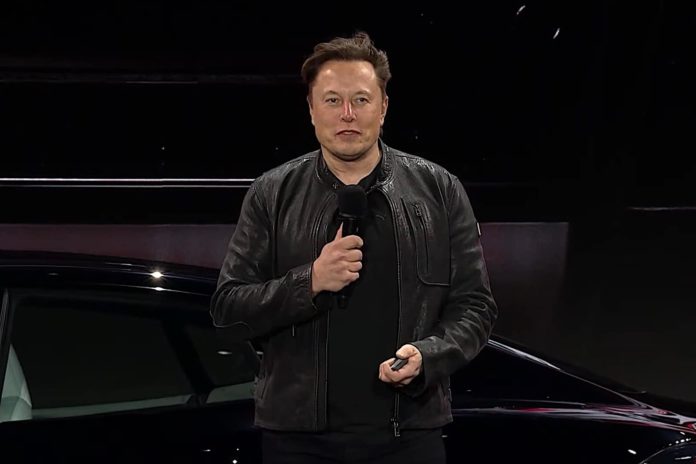Ever since he teamed up with Tesla back in 2004, Elon Musk has promoted battery-electric vehicles as the answer to global warming. But you’d have a hard time telling that from Twitter, the social media site the South African-born entrepreneur purchased in October for $44 billion.
Search for tweets using phrases like “climate scam” and you’ll find they increased by 300% last year, according to research by the non-profit Advance Democracy. The numbers have been accelerating rapidly since Musk completed his bid for Twitter, subsequently rolling back moderation of misinformation and outright lies.
“What’s happening in the information ecosystem poses a direct threat to action,” Jennie King, head of climate research and response at the Institute for Strategic Dialogue, a London-based nonprofit, told Associated Press. “It plants those seeds of doubt and makes people think maybe there isn’t scientific consensus.”
A rise in hate posts and misinformation
Social media, in general have been blamed for disrupting social norms, raising questions about free elections, for one thing, and promoting divisiveness over issues like racism and anti-Semitism, as well as COVID vaccines.
Posts denying climate change are nothing new, whether on Twitter, Facebook, Instagram or other social media outlets. But most of these sites have made at least half-hearted efforts to block the most egregiously false postings.
Since Musk took over Twitter, however, he has slashed the service’s staff, with major cuts coming in areas overseeing the moderation of content. Describing himself as a “free speech absolutist,” Musk has reinstated the accounts of numerous users banned for extremist posts, including former President Donald Trump. In turn, there’s been a sharp rise in racist and anti-Semitic content, as well as tweets denying climate change.
Some of the posts related to climate change denialism have been labeled as misinformation, Associated Press noted, but far from all.
Climate change or climate scam? Musk promotes both
There’s a big irony here. Since he first invested in Tesla 17 years ago, Musk has spoken out strongly about the need to address global warming, positioning electric vehicles as a critical part of the solution.
“It’s important to say that what Elon did with Tesla is one of the greatest contributions to climate change anyone’s ever made,” Microsoft founder and philanthropist Bill Gates said two years ago during an appearance on the Sway podcast.
But in Musk’s role as CEO of Twitter, the surge in climate change denials has “put rocket boosters on the spread of lies and disinformation,” Imran Khan, the CEO of the Center for Countering Digital Hate, said, according to the AP.
Twitter boosts visibility of misinformation — for a fee
What’s made the rise of terms like “climate scam” so concerning, is how much visibility they get, said Khan. A significant number of deniers are spending the $8 a month that gets them a blue check mark which is seen as a sign of approval — and which increases visibility for those posts.
Prior to Musk, only a limited number of verified Twitter users got the blue check.
Twitter’s policy shift under Musk has covered a lot of ground. It ended efforts to restrict false information about COVID-19. And it has reinstated accounts of numerous users who previously had been block for posting hate speech.
Twitter isn’t alone
But Twitter isn’t alone, especially when it comes to climate change denialism, according to another study published last week by the Institute for Strategic Dialogue, a coalition of environmental groups and researchers.
It also pointed to a rise in posts and sponsored content on Facebook during the past year, with fossil fuel companies cited as the source of much of that misinformation.
There has been “a stark comeback for climate denial,” the study asserted, pointing to what it described as ““negligence from Big Tech companies who not only continue to monetize and enable, but in some cases actively recommend, such content to users.”

